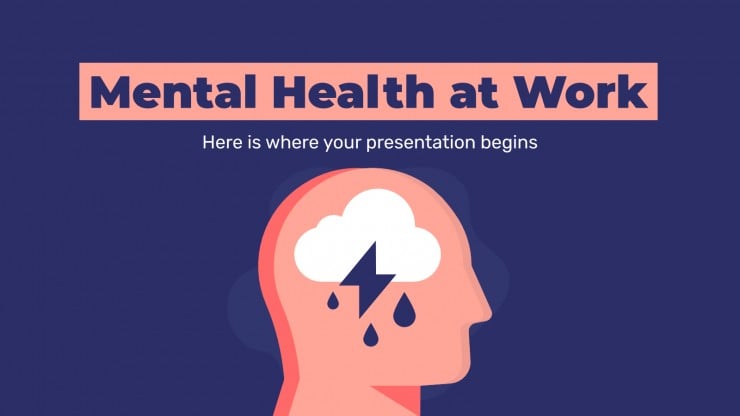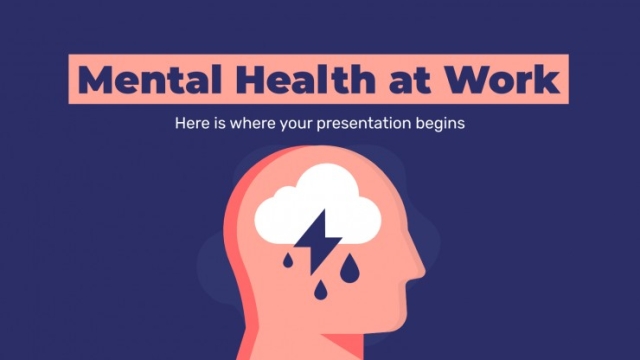
Navigating the winding roads of mental health can be a journey filled with twists and turns, challenges, and moments of self-discovery. It is a deeply personal path that many individuals traverse, each encounter unique and significant. In a world where the complexities of our inner worlds are often overlooked or stigmatized, embracing the journey of mental health is a courageous act of self-awareness and self-care. It is about acknowledging the highs and lows, the triumphs and setbacks, as integral parts of our growth and well-being.
Therapy Trainings™
Understanding Mental Health
Mental health is a vital aspect of overall well-being. It encompasses our emotional, psychological, and social well-being, influencing how we think, feel, and act. Just like physical health, mental health is essential for leading a fulfilling life and coping with everyday stressors.
Factors such as genetics, environment, and life experiences can impact an individual’s mental health. It is crucial to recognize that mental health is a spectrum, ranging from optimal mental well-being to mental health disorders. Everyone experiences fluctuations in mental health, and it is normal to face challenges from time to time.
Seeking help and support is a crucial step in managing mental health challenges. It is important to destigmatize conversations around mental health and prioritize self-care. By understanding and addressing mental health proactively, individuals can navigate challenges more effectively and work towards achieving mental well-being.
Coping Strategies
First and foremost, practicing self-care is essential when navigating mental health challenges. This includes prioritizing activities that bring joy and relaxation, such as spending time in nature, engaging in creative outlets, or simply taking a moment to breathe deeply. Taking care of your body through healthy eating, regular exercise, and sufficient sleep also plays a significant role in maintaining mental wellness.
Secondly, seeking professional help is a crucial coping strategy for managing mental health issues. Speaking with a therapist, counselor, or psychiatrist can provide valuable support and insight. Therapy offers a safe space to explore emotions, develop coping skills, and work towards healing. Medication prescribed by a mental health provider can also be an important component of treatment for some individuals.
Lastly, building a strong support system is instrumental in navigating mental health challenges. Connecting with understanding friends, family members, or support groups can offer comfort and reassurance during difficult times. Sharing your struggles with trusted individuals can help alleviate feelings of isolation and provide a sense of belonging. Remember, it’s okay to ask for help and lean on others for support when needed.
Seeking Support
When facing mental health challenges, seeking support is essential. It’s okay to reach out to friends and family for understanding and comfort. Talking about your feelings can be a powerful first step in finding the help you need.
Professional help from a therapist or counselor can provide valuable guidance and support. These trained professionals can offer coping strategies, tools for managing symptoms, and a safe space to explore your emotions without judgment.
Joining a support group can also be beneficial. Connecting with others who are going through similar experiences can provide a sense of community and understanding. Remember, you are not alone in your journey towards better mental health.
